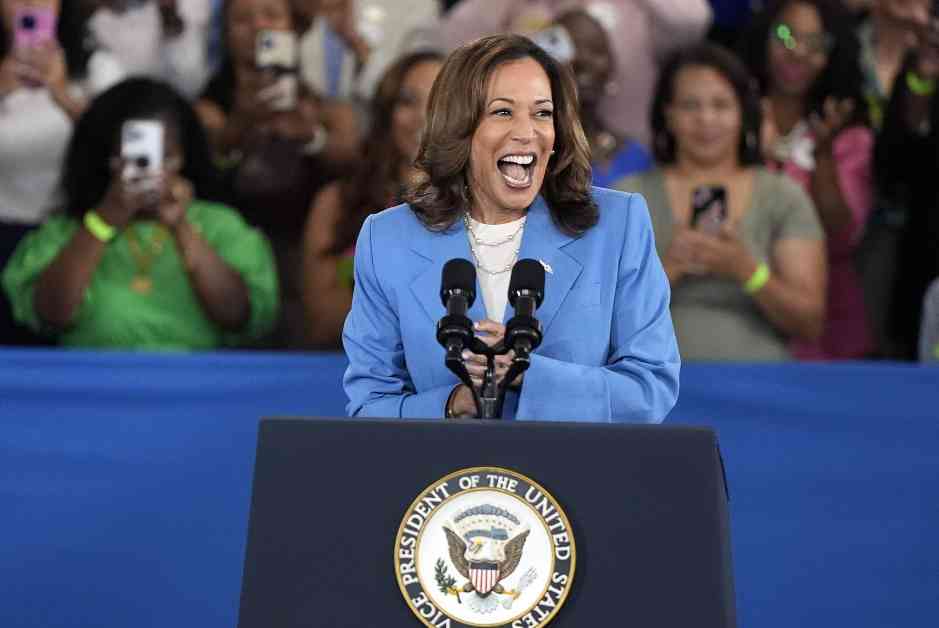Kamala Harris’s Economic Plan: A Recipe for Decline
Government control over the economy, including price controls, has historically been proven to be ineffective. Whether it’s been tried by leaders like Josef Stalin, Fidel Castro, Nicolás Maduro, Richard Nixon, or Kamala Harris, it has never yielded positive results and has been met with criticism from democratic economists and media outlets like The Washington Post.
Vice President Harris’s proposed economic plan is estimated to cost around $2 trillion, leading to increased deficit spending and inflation. The plan includes various initiatives such as a $3,600 kiddie credit, a newborn child credit, and a $25,000 home mortgage subsidy, among others. Additionally, there are new tax credits for Obamacare, an increase in the earned income tax credit, and proposals for debt cancellations.
One of the headline-grabbing aspects of the plan is the proposed federal ban on “price gouging” on food and groceries, which essentially amounts to price controls. However, history has shown that price controls lead to negative consequences such as food shortages, rationing, and increased inflation.
Former President Trump has criticized Harris’s plan, likening it to communist price control measures that have failed in countries like Venezuela and the Soviet Union. He argues that such measures would have adverse effects on the economy, leading to inflation and other economic challenges.
Despite claims of price gouging and excessive profits, studies have shown that profit margins for grocers and meat companies are relatively low compared to other industries. Harris’s focus on price controls and government intervention in various sectors of the economy could have unintended consequences and hinder economic growth.
In contrast, Trump advocates for a competitive free enterprise economy where individuals can keep more of what they earn. His approach prioritizes economic growth and resurgence, which has been shown to benefit a wider range of income earners and lead to poverty reduction and job creation.
Ultimately, the choice between Harris’s government control approach and Trump’s free-market policies will have significant implications for the economy and individuals’ livelihoods. While Harris’s plan may seem well-intentioned, its potential negative impacts on inflation, market dynamics, and overall economic growth warrant further scrutiny and consideration. It remains to be seen how Harris’s economic plan will be received by the public and whether it will effectively address the economic challenges facing the country.


